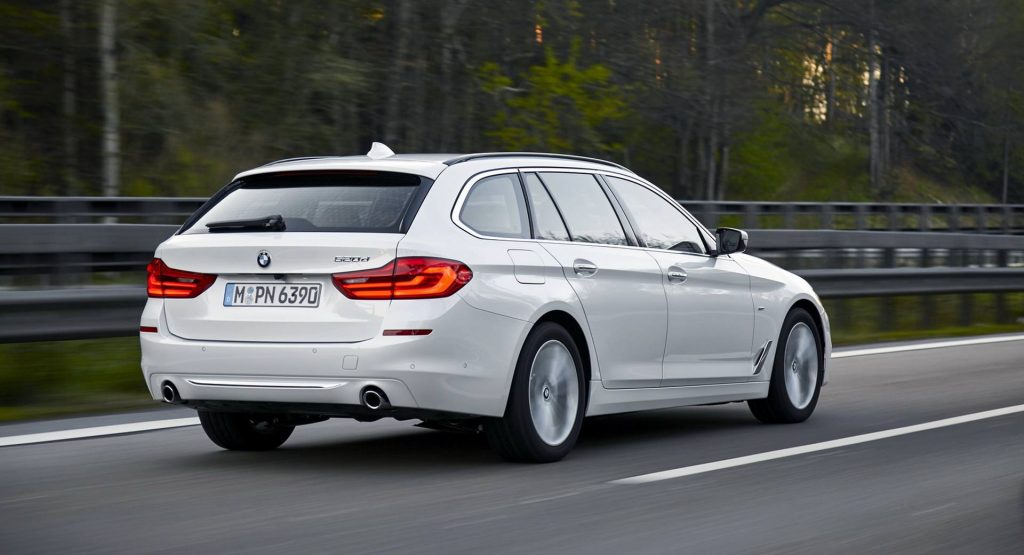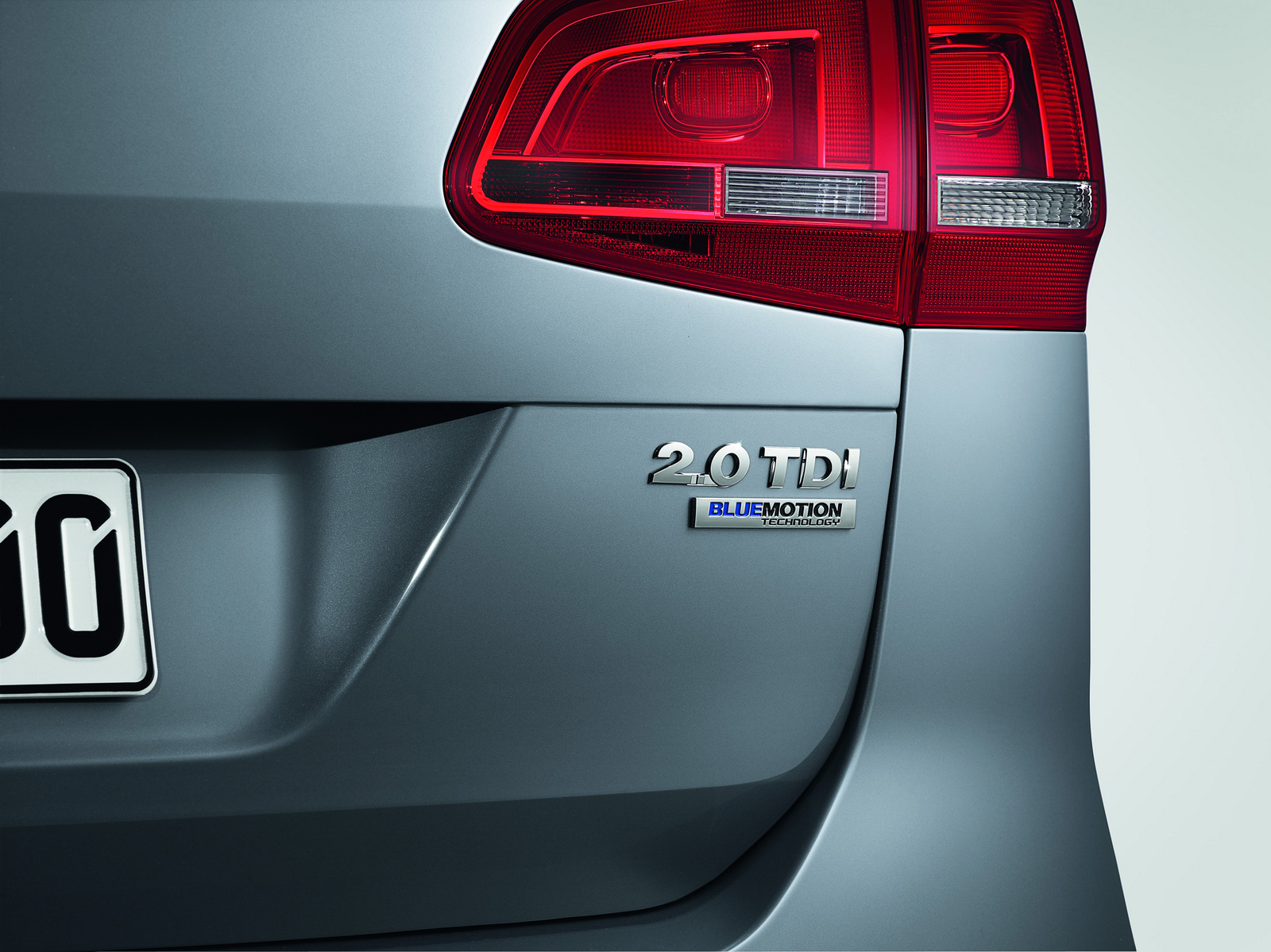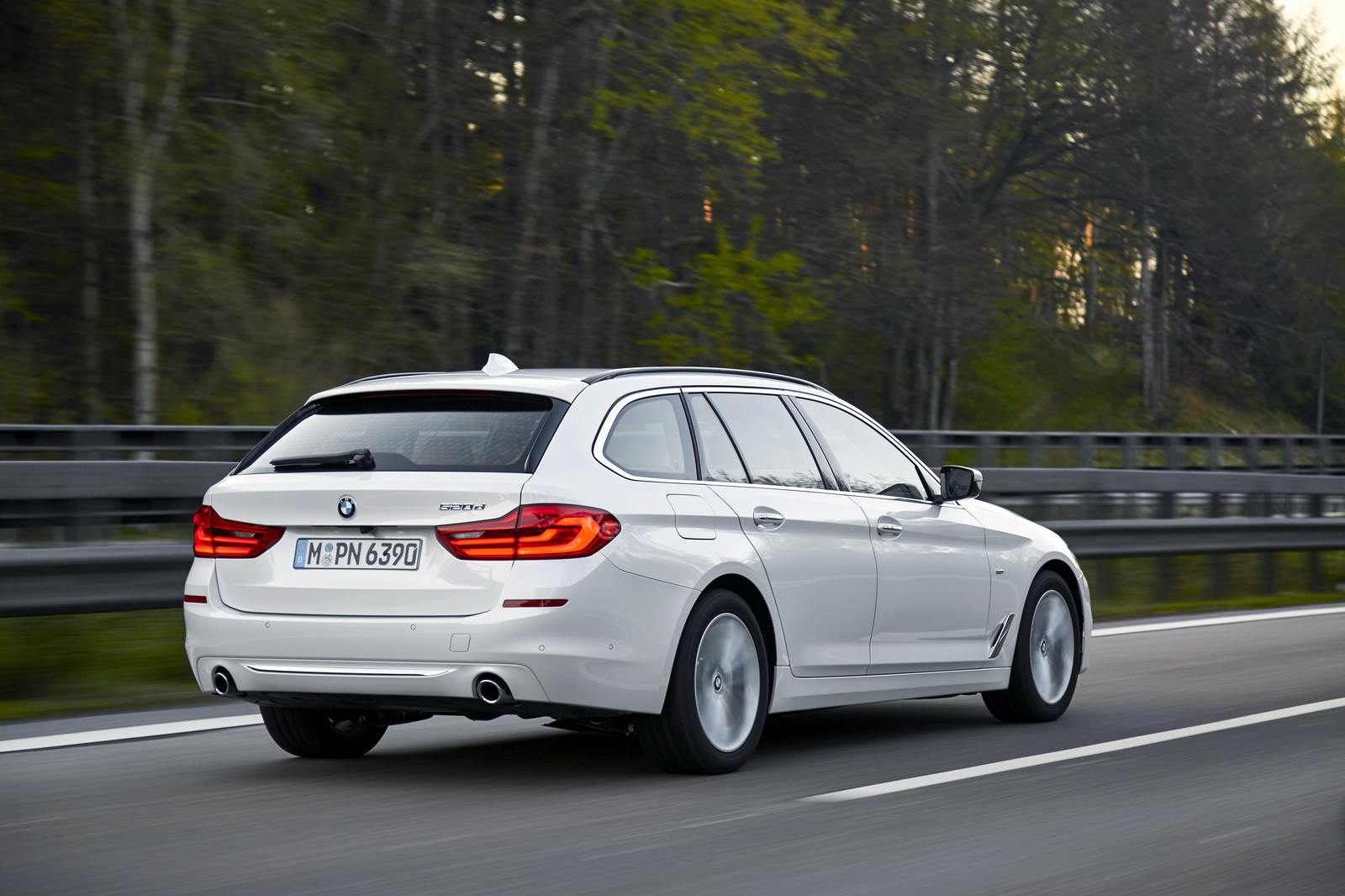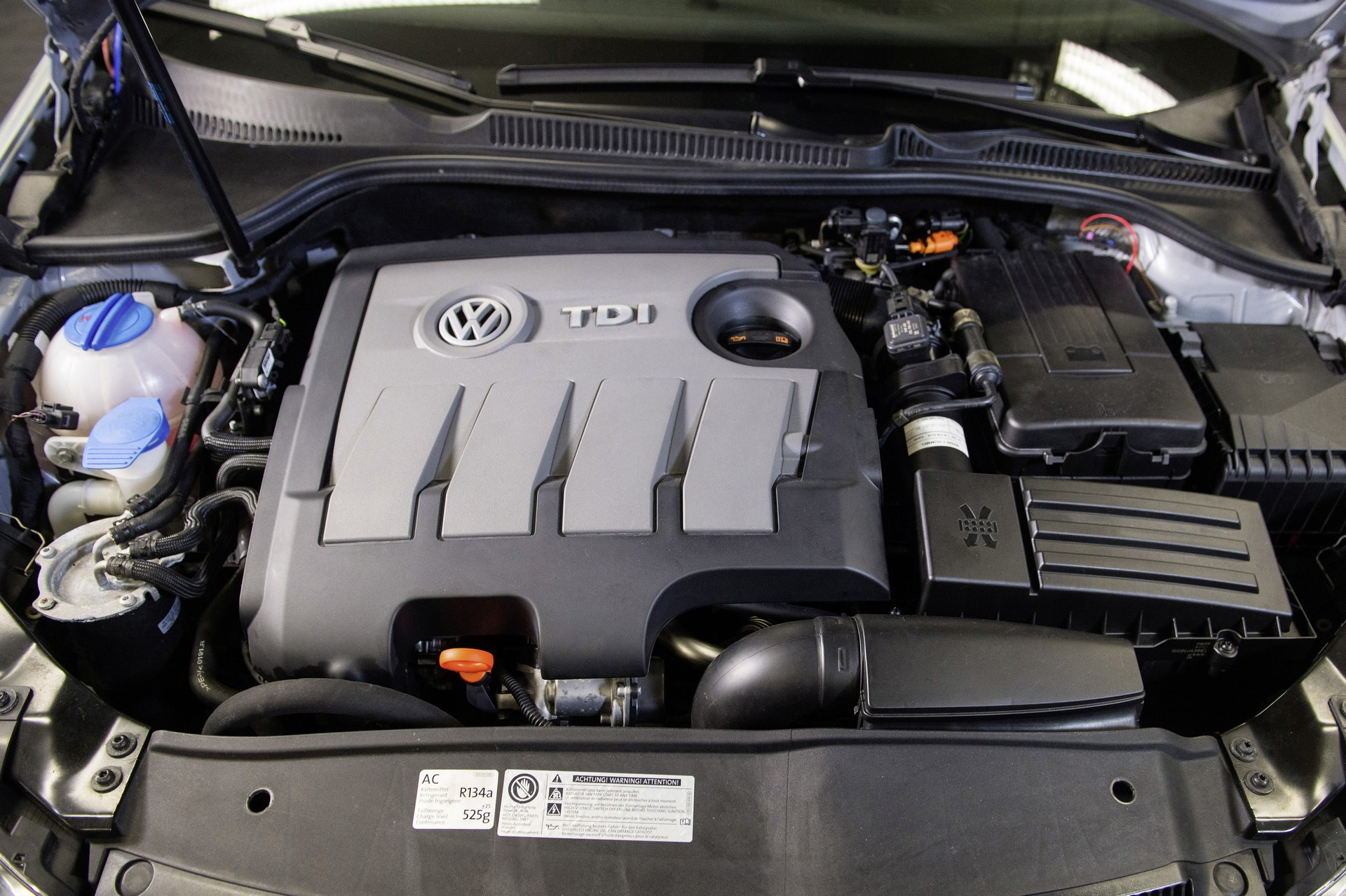The city of Stuttgart plans to begin banning older diesel vehicles with Euro 4 and less emissions standards starting in January 2019 – and, although it may sound paradoxical, one of the goals is to actually avoid a widening of the ban.
Earlier this year, Hamburg, Germany’s second-largest city, announced the country’s first diesel ban aimed at anything that didn’t meet at least the Euro 6 emission standards, which generally means vehicles manufactured before 2014.
“We want to avoid bans on Euro 5 diesels with a comprehensive package of clean air measures,” stated Andreas Schwarz, leader of the Greens’ parliamentary group in the Baden-Wuerttemberg regional assembly, adding that other clean-air measures, such as an expansion of public transportation and electric mobility, would need to have a big enough effect on pollution levels, reports Autonews.
Thus, if Stuttgart cannot improve its air quality and bring its NOx levels down to legal limits by mid-2019, the diesel ban could include Euro 5 vehicles from January 2020, added the Baden-Wuerttemberg ministry.
Plans to ban older diesels from city centers by 2025 are also under way in Paris, Madrid, Mexico City and Athens, whereas Copenhagen would like to start banning new diesels as soon as next year.
Euro 5 diesel-powered vehicles began entering the markets in 2009, before being replaced by Euro 6 ones in 2014. Yet, some believe that we aren’t nearing the end of oil burners, such as Bosch CEO Dr Volkmar Denner, who recently claimed that his company can save diesels.






